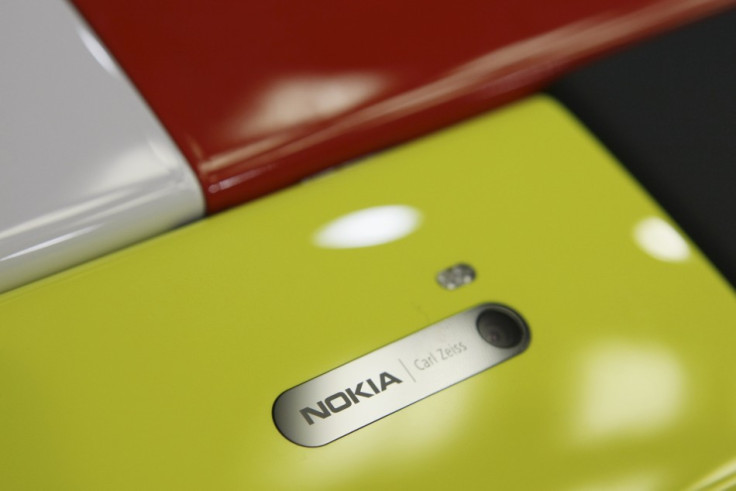Nokia Backs Apple in Samsung Patent Infringement Case
Apple has found an unlikely backer in its courtroom patent infringement battle with Samsung, in the form of Finnish smartphone maker Nokia.

Acting as an amicus curiae (friend of the court, a party who offers information to a case they are not directly involved with), Nokia has filed a brief on behalf of Apple to the US Court of Appeals for the Federal Circuit this week.
In the brief, Nokia asked the court to permit permanent injunctions on the sale of Samsung phones that were found to infringe Apple's patents.
As part of its ongoing legal battle with Samsung, Apple has repeatedly requested the courts to impose an injunction on the sale of Samsung products that have infringed on the iPhone maker's patents.
The brief itself is not yet available to the public, but in an attached summary, published by intellectual property expert Florian Mueller, Nokia attorney Keith Broyles argued that Apple should be allowed to ban Samsung phones from sale.
Rather than agree that Apple's claim of patent infringement against Samsung is right, Nokia's brief states that it agrees with Apple's stance that permanent injunctions should be allowed, which if passed in court would force Samsung to remove offending products from sale until changes to them are made.
Nokia believes that establishing a "causal nexus" between the patented feature and the source of demand for the infringing product - as Judge Koh suggested - could "cause wide-ranging damage to the United States patent protection landscape."
In her ruling late last year, Judge Lucy Koh said that sales bans on Samsung products will not be given, and they can only be removed from sale if the feature deemed to infringe on a patent is one that is solely responsible for consumer demand for the product.
Harming the incentive to innovate
Nokia adds: "By creating such a rule, the district court has diverged from the precedent of this court and could severely restrict, if not outright eliminate in some circumstances, the ability of a patent holder to obtain injunctive relief."
The company believes that such a rule will lead to a compulsory-licensing system where patent holders are forced to license patented technology to competing firms, which Nokia believes could "harm incentives to innovate."
Put simply, if a company knows that it cannot force a rival to remove from sale a product that is found to have copied them, the only option left is to charge the rival a royalty for use of the patent - if all companies pay royalties for every one else's patents, then Nokia argues there could be less innovation.
In a statement sent to IBTimes UK, Nokia said: "As both a significant patent holder and implementer of technologies, Nokia advocates balanced regulation and legislation in patent matters. We provided our recent brief as amici curiae to the US Court of Appeals for the Federal Circuit in support of neither party in the litigation, on which we have no comment, but in favour of reversal of a decision which we believe applied the wrong legal standard. We hope the Federal Circuit will clarify the correct application of United States patent law, benefiting everyone who operates within it."
An amicus brief is an unexpected move for Nokia, which sued Apple in the US in 2009, claiming the iPhone and iPad had infringed on ten of its patents, prompting Apple to fire back in UK court, accusing the Finnish firm of infringing on nine of its patents.
The two companies settled in 2009 with Apple paying Nokia undisclosed royalties.
© Copyright IBTimes 2025. All rights reserved.






















